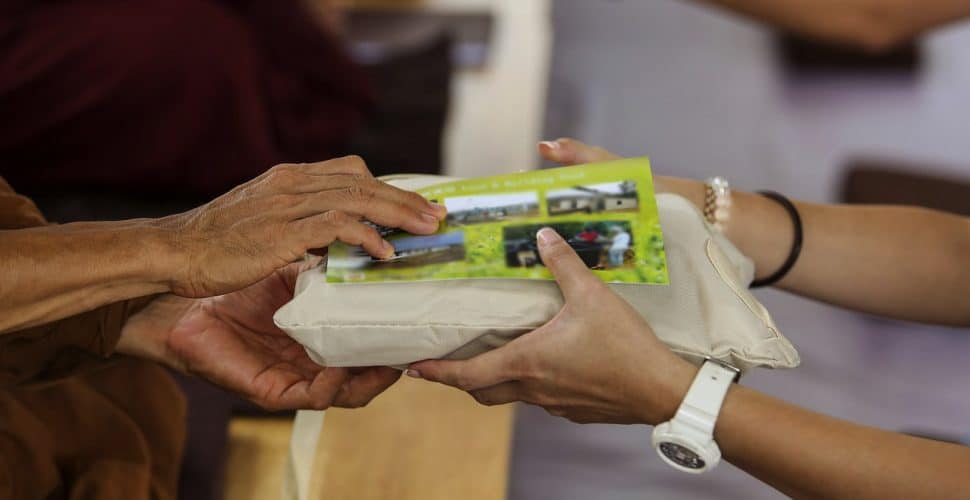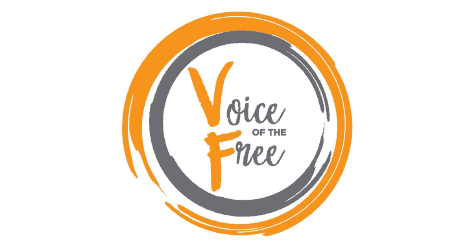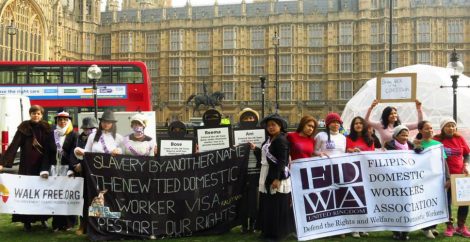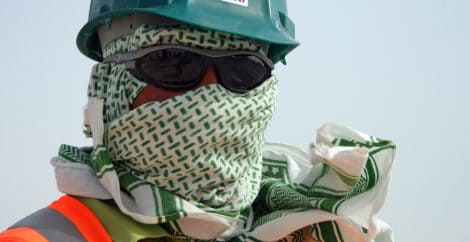Goal:
To ensure that abused migrant Filipino workers who have escaped slavery and approached their embassy in Singapore, Taiwan, and Bahrain get the support that they need.
Summary:
What would you do if you were an abused migrant worker? Who could you turn to for support abroad? What would you do if your own country couldn’t help you? Such was the case for exploited Overseas Filipino workers (OFWs) seeking counseling in embassy-run shelters in Kuwait.
Embassy and shelter staff lacked the capacity to provide adequate services to distressed OFWs. In response, the government took an important step in protecting distressed OFWs in overseas shelters by sending a Social Welfare Officer to the Philippine Embassy in Kuwait to provide psychological support, counseling, and rehabilitation to OFW victims of exploitation and abuse.
In 2004, Executive Order No. 287 was released, which says that Social Welfare Officers should be placed in countries where there are high numbers of OFWs. Social Welfare Officers have been assigned to 8 of the top 11 destination and high-risk countries for Filipinos working abroad. However, Singapore, Taiwan, and Bahrain top the list with nearly 250,000 total OFWs but still don’t have Social Welfare Officers in place.
We know they face the same challenges as fellow Filipinos in Kuwait—besides legal and consular assistance, they need counseling and rehabilitation, which only a professional social worker can oversee. Our campaign with Visayan Forum called on the Department of Social Welfare and Development Sec. Dinky Soliman to commit to requesting the placement of Social Welfare Officers in Singapore, Taiwan, and Bahrain.
Outcome:
In May 2016, a new law was passed to govern the Overseas Workers Welfare Administration to protect the welfare and interests of OFW and ensure that they can access the help they need where they need it.






-
Follow us on Facebook
5.6M
-
Follow us on Twitter
32K
-
Follow us on Instagram
8K
-
Subscribe to our Youtube
5.7K
Donate